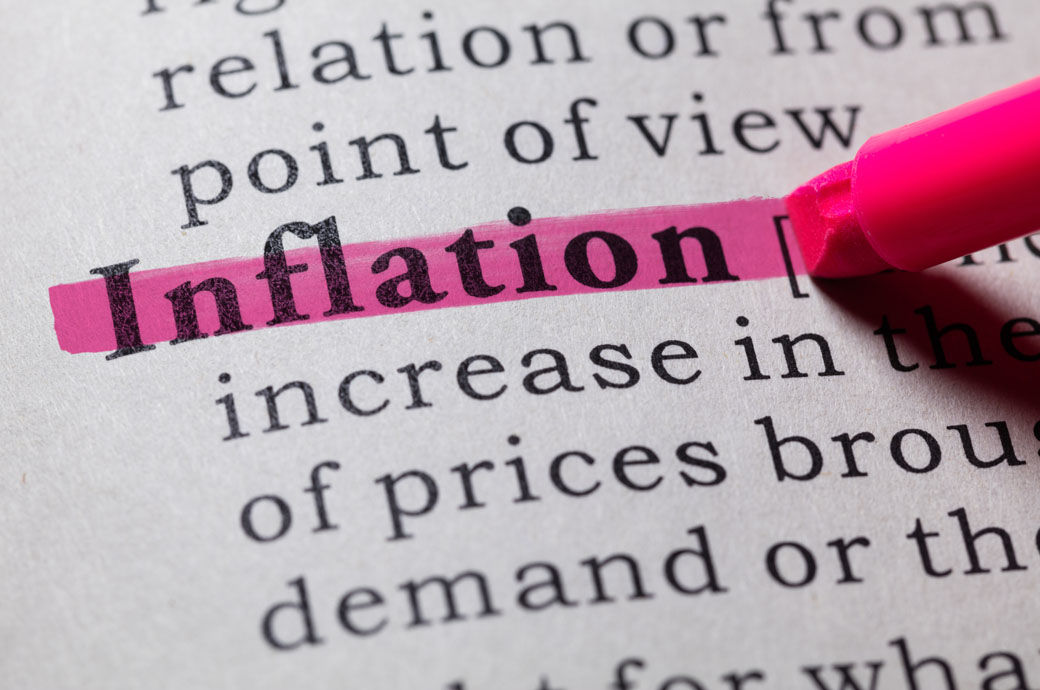
“We have a softer headline inflation forecast than the RBA [Royal Bank of Australia] for both end 2024 and June 2025. We suspect this is due to a larger assessed impact of cost-of-living measures as well as falling auto fuel prices,” Westpac senior economist Justin Smirk wrote in a company bulletin.
Westpac’s trimmed mean forecasts are quite similar to the RBA’s.
The CPI gained 1 per cent in the June quarter, exactly what the markets and Westpac had been expecting. The annual pace lifted a touch from 3.6 per cent per year to 3.8 per cent. It was 4.1 per cent per year in December 2023.
Wages growth has already tipped over and with a recovery in productivity, Westpac doesn’t see labour costs as a threat to inflation.
The wage price index (WPI) rose by 0.8 per cent in the June quarter, on par with Westpac’s forecast of 0.8 per cent and weaker than market consensus of 0.9 per cent.
On an annual basis, wages held flat at 4.1 per cent per year due to changes in seasonality, but are still down from the peak of 4.2 per cent per year in December.
Wage inflation has moderated in the first half this year, with the six-month annualised pace dipping from 4.7 per cent per year in December 2023 to 3.4 per cent per year in June 2024.
Fibre2Fashion News Desk (DS)